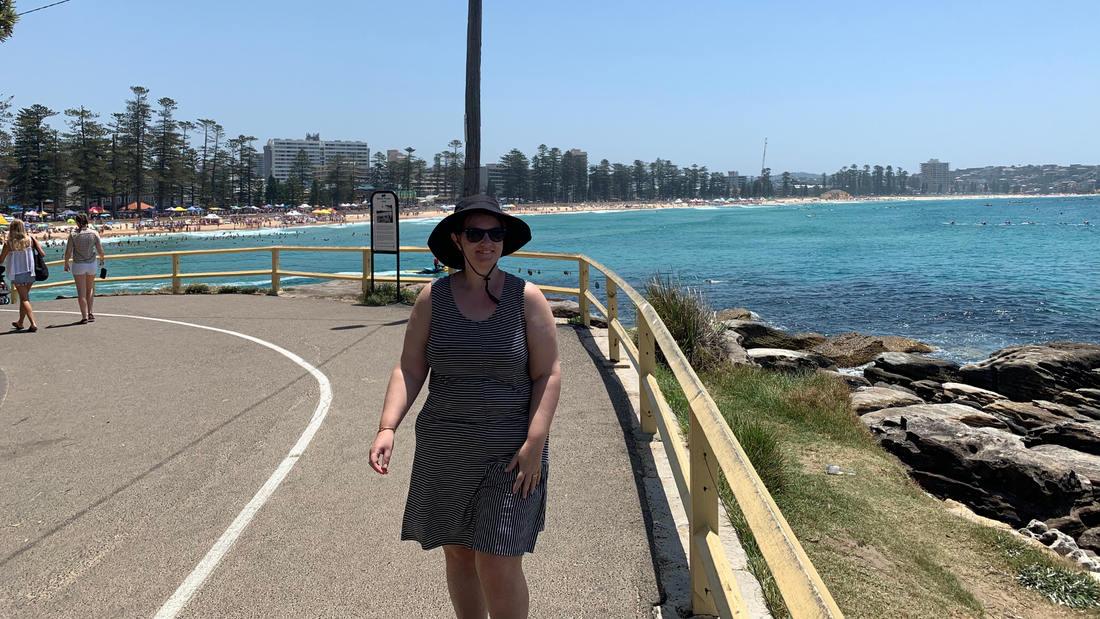Your Story Series: Meet Anthea

What is your name?
Hi, my name is Anthea Smith.
Describe yourself.
I'm a survivor, proud Mum, proud Mother.
How did you discover your skin cancer / melanoma / skin condition and how long ago?
I was diagnosed with malignant melanoma in July 2015. A lump appeared on my left ear, it was misdiagnosed by my GP who for 5 years told me it was just a wart and nothing to worry about.
I've now had my whole ear amputated, followed by inner ear and middle ear removed, tragus removed, all salivary glands removed, all lymph nodes removed, facial nerve cut and stripped, skin and vessels taken from right thigh to replace skin from neck and scalp. Followed by 32 sessions of radical radiotherapy.
What is your attitude towards sun protection today?
My attitude to sun protection today is extremely serious. I wear factor 50 sun cream each and every day, I wear sun glasses to protect my eyes as I have a mole behind my left eye. I avoid the sun at its hottest times, and seek shade at each opportunity.
I wear my Solbari hat to protect my scars, neck and face. I also wear my Solbari shawl, this offers amazing protection in any setting and is comfortable to wear. Whilst recently on holiday in Australia, both items literally saved my life as I didn't burn once, and they went everywhere with me.
What would you tell your 16-year-old self about sun protection?
What would I tell my 16 year old self, I would tell her to NEVER EVER use a sunbed, to NEVER sit out and bake in the sun, to respect skin, and accept self as natural beauty. I would tell my 16 year old self, that a tan is not healthy, it is a sign of damage to the largest organ in our body.
Pictured: Me at Manley Beach wearing my Solbari hat.
Thank you Anthea for helping raise awareness for skin cancer, melanoma and skin conditions, and sharing your story with us and our Solbari Community.












